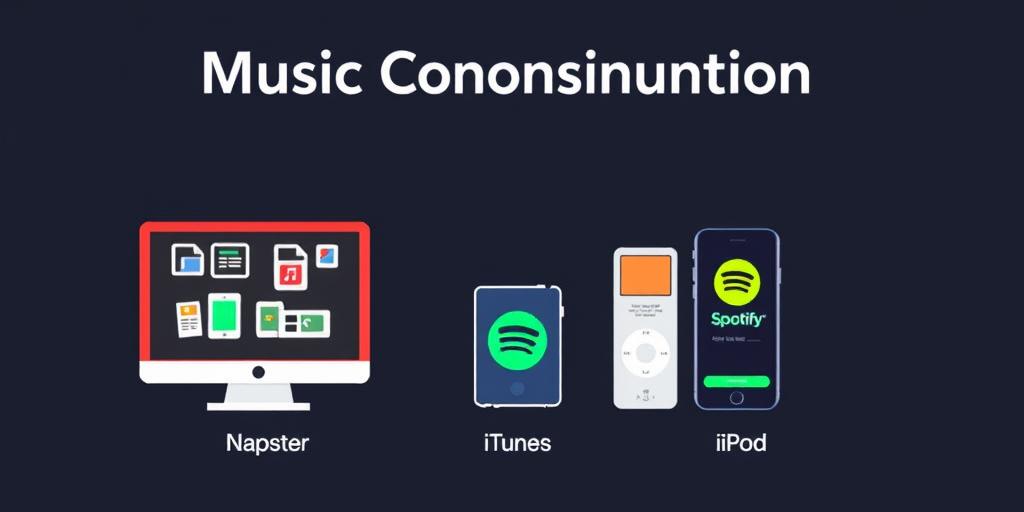The Rise of Reality TV: A Cultural Phenomenon (2000s)
The dawn of the 21st century witnessed an explosion in a new form of television entertainment: reality TV. This genre, characterized by unscripted situations and featuring ordinary people (or those aspiring to be), quickly became a dominant force in popular culture. This article explores the rise of reality TV, examining its key characteristics, influential shows, and its lasting impact on society.
Defining Reality TV
Reality TV distinguishes itself from traditional scripted television through its emphasis on capturing ostensibly 'real' events. While the degree of manipulation and editing varies, the core premise involves presenting unscripted interactions and situations. Common elements include:
- Unscripted format: Participants react to situations without pre-written dialogue.
- Ordinary individuals: Casting often features everyday people rather than professional actors.
- Competition or observation: Shows typically involve competition (e.g., Survivor, The Apprentice) or observational documentation (e.g., The Real World, Keeping Up with the Kardashians).
- Confessional interviews: Participants provide commentary directly to the camera, offering insights into their thoughts and feelings.
Key Shows and Their Impact
Several shows played a pivotal role in establishing the reality TV landscape:
- Survivor (2000): Arguably the catalyst for the reality TV boom, Survivor stranded contestants in remote locations, challenging them to outwit, outplay, and outlast their competitors. Its success demonstrated the appeal of competition-based reality shows.
- Big Brother (2000): Based on the novel Nineteen Eighty-Four, Big Brother confined a group of strangers in a house, filming their every move. The show popularized the 'housemate' dynamic and the concept of constant surveillance.
- American Idol (2002): This singing competition combined talent search with audience participation, allowing viewers to vote for their favorite performers. American Idol demonstrated the power of interactive television and launched the careers of numerous pop stars.
- The Apprentice (2004): Featuring Donald Trump, The Apprentice showcased the high-stakes world of business. Contestants competed for a job within Trump's organization, with the memorable catchphrase "You're fired!" becoming a cultural touchstone.
- The Real World (2000-Present): While debuting in the 90s, it continued to be relevant in the 2000s. This show put strangers together in a house to capture real life interactions, paving the way for other reality tv shows that followed the same format.
Reasons for Popularity
Reality TV's popularity can be attributed to several factors:
- Relatability: The focus on ordinary people made the shows relatable to viewers. Audiences could see themselves in the participants, forging a connection that scripted shows often lacked.
- Drama and Conflict: Unscripted situations often led to dramatic confrontations and emotional outbursts, providing compelling viewing.
- Audience Participation: Shows like American Idol empowered viewers to influence the outcome, creating a sense of involvement.
- Low Production Costs: Compared to scripted dramas and comedies, reality TV shows were relatively inexpensive to produce, making them attractive to networks.
Criticisms and Controversies
Despite its popularity, reality TV has faced numerous criticisms:
- Lack of Authenticity: Critics argue that reality TV is heavily manipulated through editing and manufactured situations, distorting reality.
- Exploitation: Concerns have been raised about the exploitation of participants, particularly those seeking fame or fortune.
- Promotion of Negative Behavior: Some shows have been accused of glorifying conflict, aggression, and superficiality.
- Impact on Culture: Critics worry about the impact of reality TV on cultural values, particularly its emphasis on celebrity culture and instant gratification.
Lasting Impact
Reality TV has had a profound and lasting impact on popular culture. It has:
- Blurred the Lines Between Reality and Entertainment: Reality TV has blurred the lines between reality and entertainment, making it increasingly difficult to distinguish between authentic experiences and manufactured drama.
- Created a New Form of Celebrity: Reality TV has created a new form of celebrity, elevating ordinary people to fame (often fleeting) based on their appearances and personalities.
- Influenced Other Media: Reality TV's influence can be seen in other media, including news, documentaries, and even scripted television.
Conclusion
The rise of reality TV in the 2000s represents a significant shift in the landscape of television entertainment. While it has faced criticism for its lack of authenticity and potential for exploitation, its popularity and lasting impact are undeniable. Reality TV has redefined celebrity, blurred the lines between reality and entertainment, and influenced other media forms. As the genre continues to evolve, it will be interesting to see how it continues to shape our culture and society.








